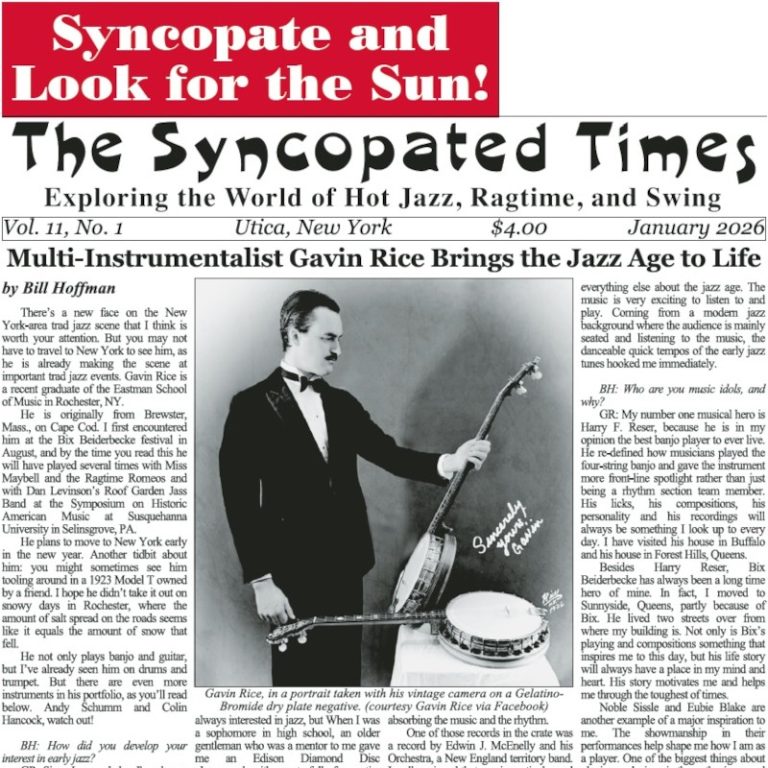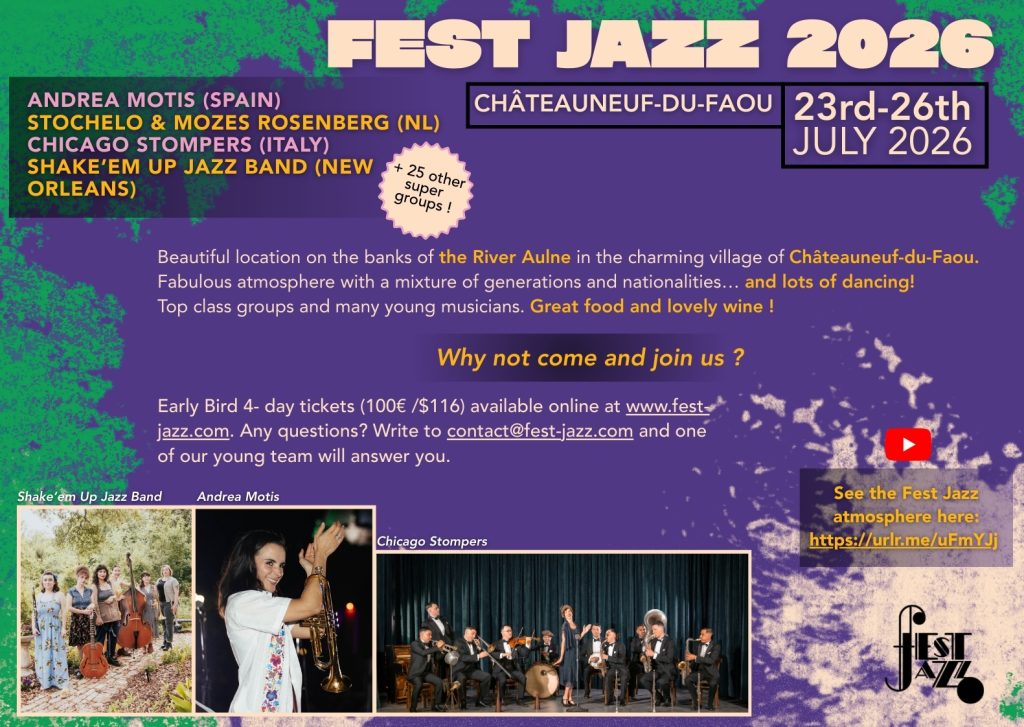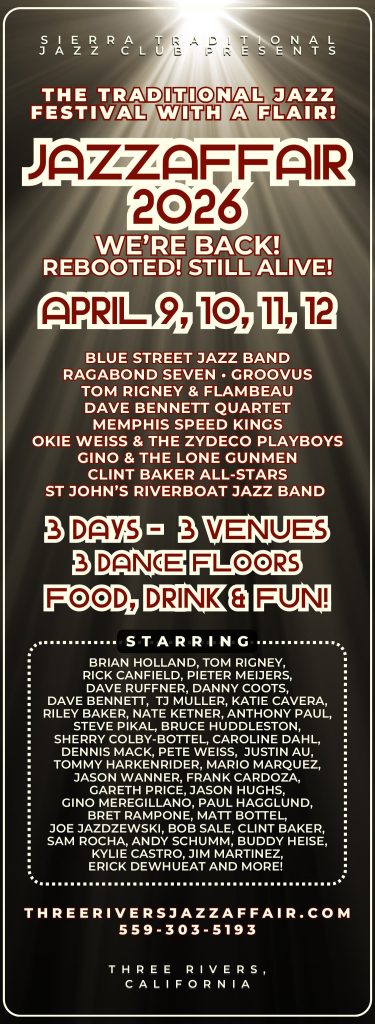Norman Vickers is known as a harmonica-playing physician who was a pioneer in his field in his adopted city, and who for the past 40 years, has been the jazz ambassador and moving spirit behind Jazz Pensacola, one of the country’s more active jazz societies.
An endowment fund was established in 2013 to enhance the Society’s educational activities and was named in honor of Dr. Vickers. The stated purpose of the F. Norman Vickers Artist in Residence Fund is to bring jazz musicians and educators to Pensacola to provide school and college workshops, instruction, performances and related assistance to the community not already provided by the Society’s existing activities.
A stipulation of the Vickers Fund is that a minimum of $20,000 must be achieved before 10% of any excess may be withdrawn annually to initiate and underwrite the Artist in Residence program. The Fund to date has raised $17,349. A group of friends, recognizing that Dr. Vickers is now in his 90th year, have organized a campaign to raise the Fund balance to a minimum of $25,000.
Growing Up in Mississippi
Norman Vickers’ parents were in the wholesale vegetable plant business in Hattiesburg, selling cabbage and tomato plants to seed-and-feed stores and canning companies such as H.J. Heinz, Campbell Soups, and Libby. His mother was a classical pianist, so it was natural that her son should take piano lessons.
You've read three articles this month! That makes you one of a rare breed, the true jazz fan!
The Syncopated Times is a monthly publication covering traditional jazz, ragtime and swing. We have the best historic content anywhere, and are the only American publication covering artists and bands currently playing Hot Jazz, Vintage Swing, or Ragtime. Our writers are legends themselves, paid to bring you the best coverage possible. Advertising will never be enough to keep these stories coming, we need your SUBSCRIPTION. Get unlimited access for $30 a year or $50 for two.
Not ready to pay for jazz yet? Register a Free Account for two weeks of unlimited access without nags or pop ups.
Already Registered? Log In
If you shouldn't be seeing this because you already logged in try refreshing the page.




